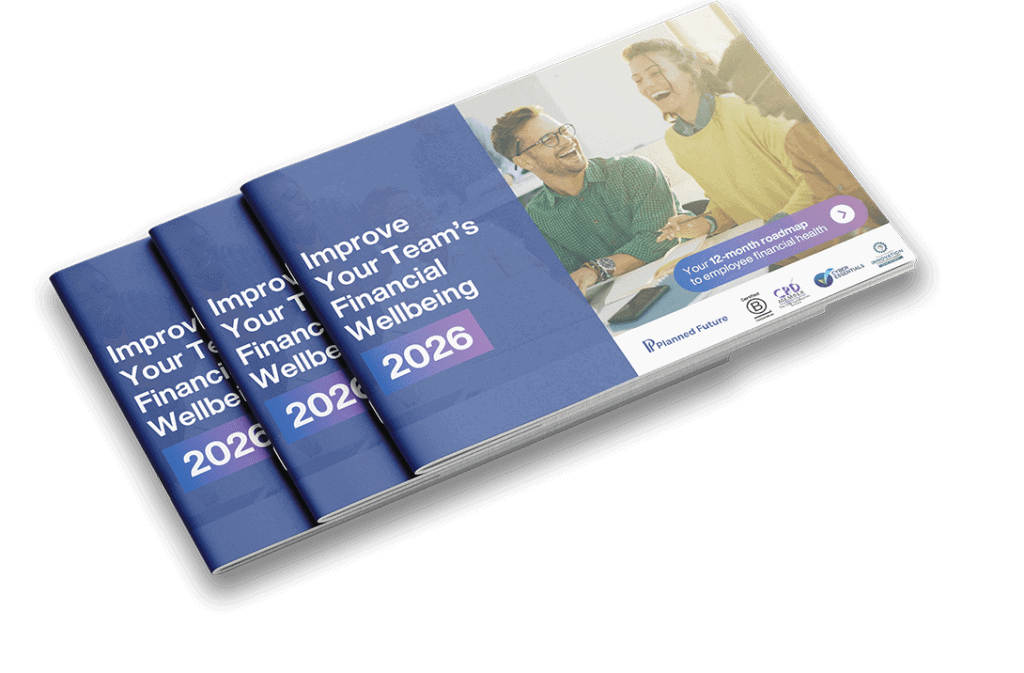Table of Contents
This week, organisations and communities around the world are celebrating Global Education Awareness Week which is a dedicated week to recognise the power of learning in shaping better futures. Education comes in many forms and helps people to grow, adapt, and maximise their potential. But while we often think of education in terms of typical academic subjects or professional training, there’s one area of learning that has an enormous impact on everyday life and is too often overlooked which is financial education.
Financial Education Empowers Our Everyday Decisions
Learning about money isn’t just about numbers or spreadsheets but it’s also about having the confidence, security, and opportunity to manage money most effectively. From managing monthly budgets to planning for retirement, financial education gives people the skills to make well-informed decisions and with the rising cost of living, this knowledge is more important than ever.
Despite awareness around financial wellbeing growing, research consistently shows that financial stress is still one of the leading causes of anxiety with 59% of employees saying that current financial worries prevent them performing their best at work. This highlights why workplaces have such a powerful role to play in building financial confidence through education.
Creating A Culture Where Financial Education Is Welcomed
Nine in ten parents want financial education within the school curriculum however no further progress has been made as of yet. By offering financial education in the workplace, employers can bridge this gap, helping employees feel confident, informed, and secure about their financial future, which in turn supports their overall wellbeing at work. By offering financial education workshops, webinars, or one-to-one guidance, employers can help their people develop the knowledge and habits that support financial wellbeing, whether that’s understanding payslips, tackling debt, saving for the future, or navigating pensions and benefits.
When employees feel financially confident, they’re better able to focus, engage, and bring their best selves to work. In turn this benefits both parties with employees gaining practical life skills, and employers benefitting from a healthier, more resilient workforce.
Financial Education Should Be an Essential Benefit Not A Luxury
Global Education Awareness Week reminds us that learning doesn’t stop when we finish education but continues throughout our lifetime. Financial literacy is a core life skill, just like reading or writing. It equips people to handle real-world challenges and make choices that shape their future.
Just like with any other skill, financial confidence grows with practice and guidance. By creating space for open conversations about money, workplaces can help to remove stigma, encourage learning, and support employees in building a more secure future.
Celebrate Global Education Awareness Week With Us
If your organisation is looking to support employee wellbeing, resilience, and engagement, now is the perfect time to invest in financial education.


